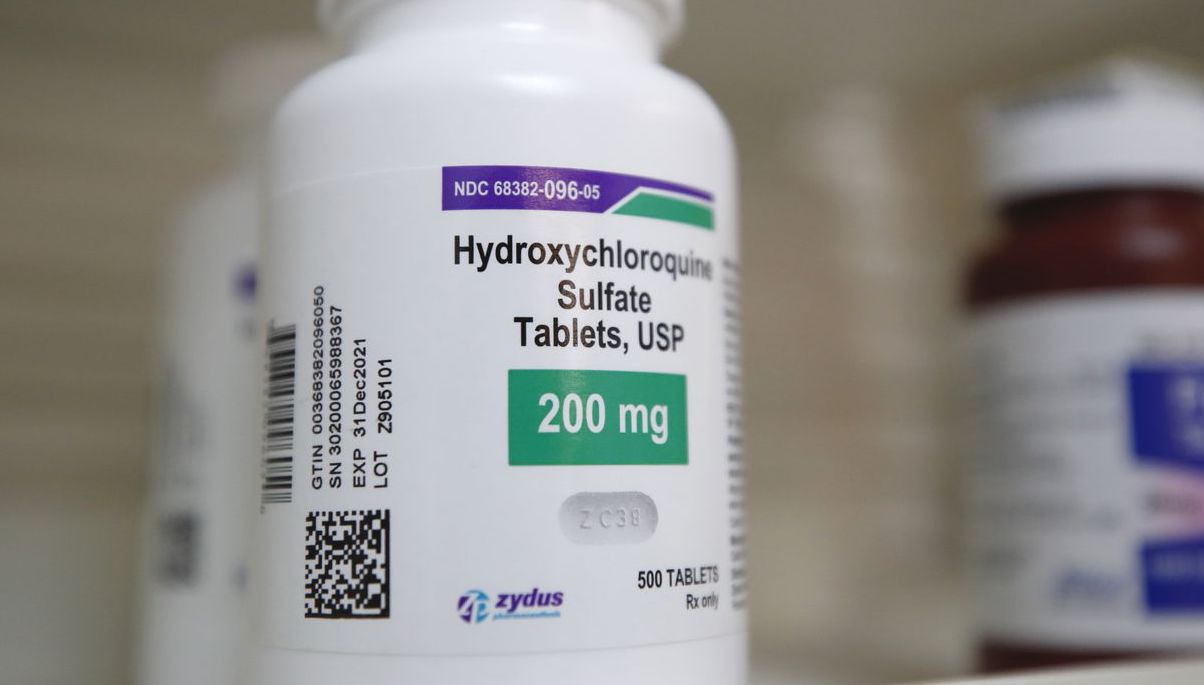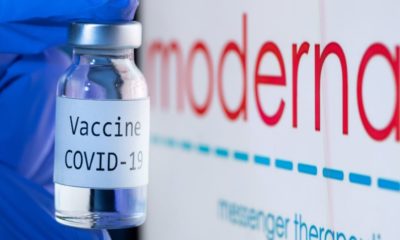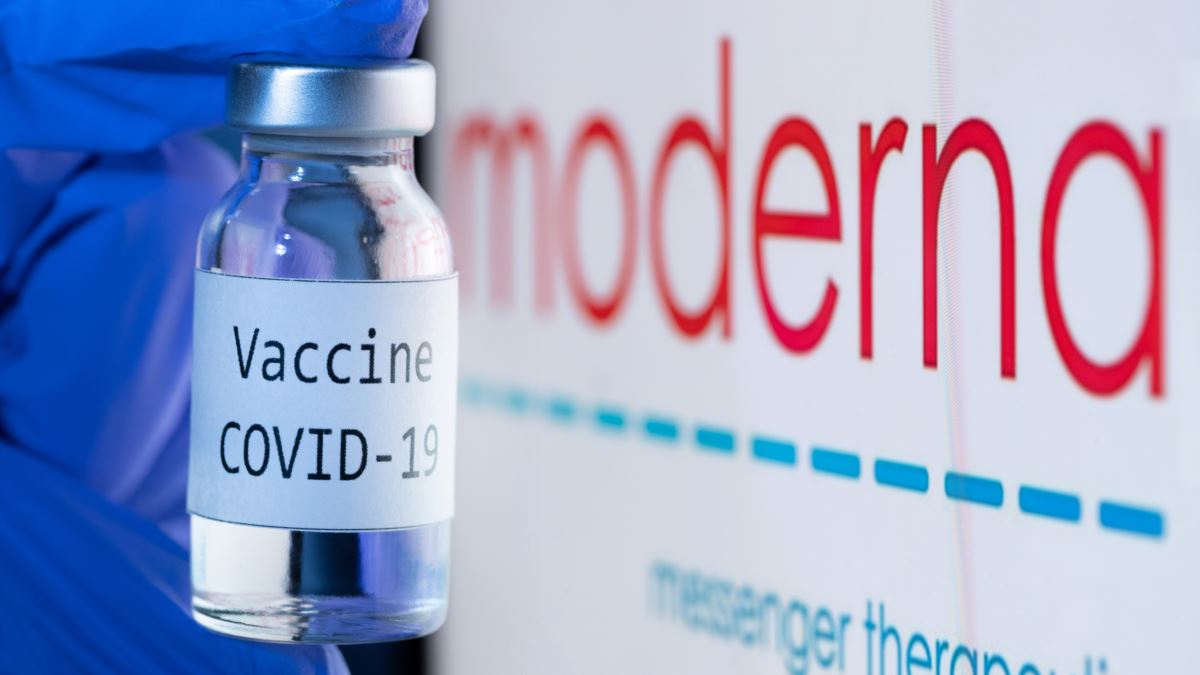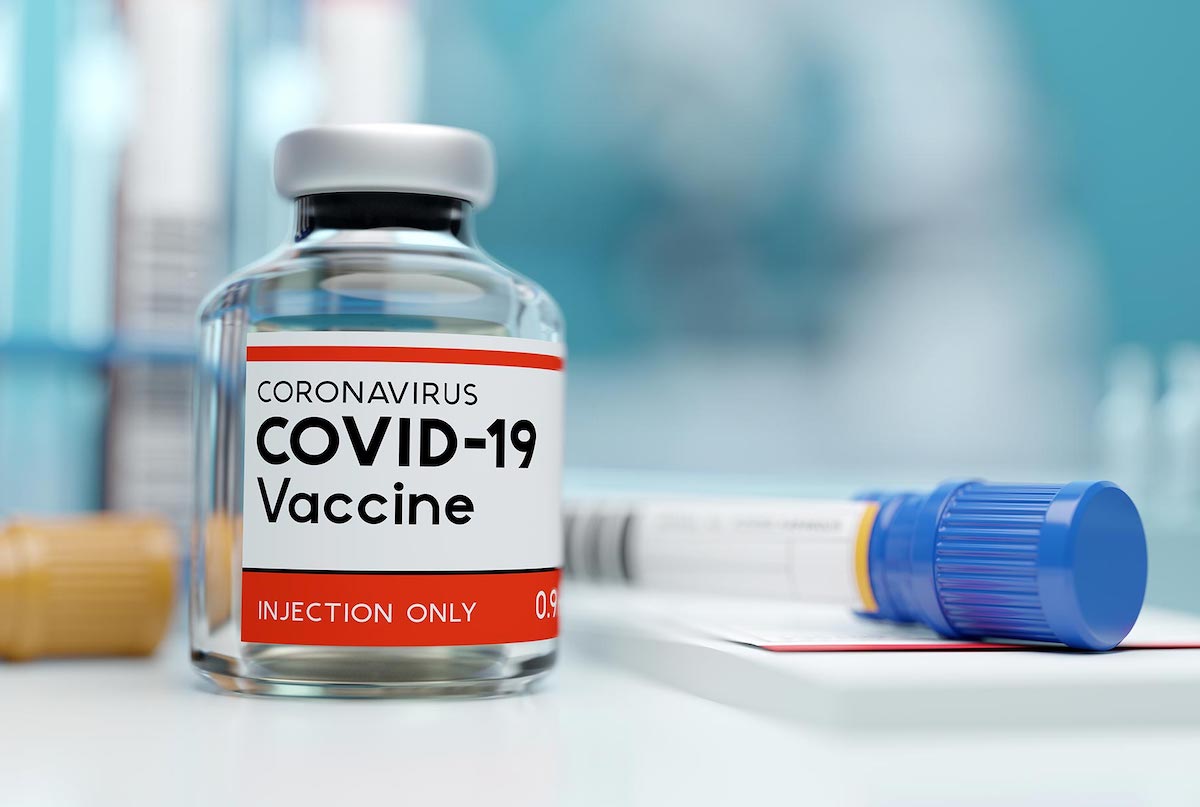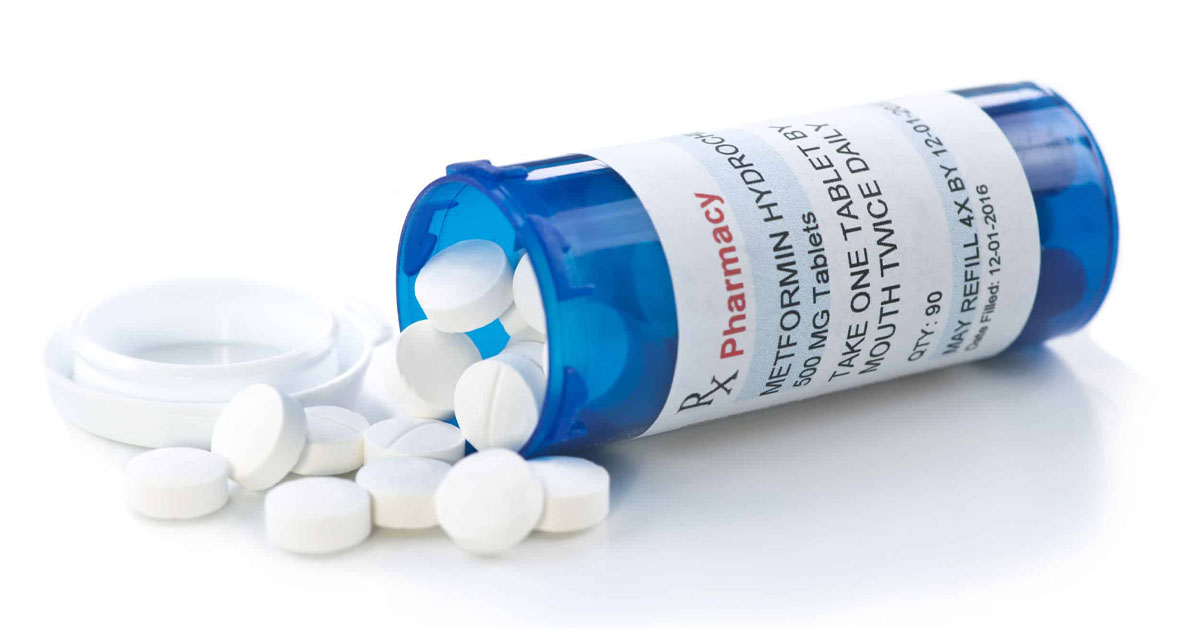Moderna has completed phase 3 of a study on a COVID-19 vaccine. It was found to be over 94 percent effective for 30,000 participants. Based on the data from this study, Moderna plans to file what is known as an emergency use authorization or EUA with the Food and Drug Administration.
Positive Results
Of those in the vaccinated group, only 11 people tested positive for COVID-19 after taking the vaccine compared to 185 participants who were in the placebo group. Moderna also made the announcement that the vaccine prevented more serious cases of COVID-19. The 30 severe infections were found in the placebo group.
The FDA will review the data on safety and efficacy from Moderna at its VRBPAC meeting (Vaccines and Related Biological Products Advisory Committee), which is currently scheduled to be held on December 17.
According to a spokesperson with Moderna, the data confirms the ability of the vaccine to prevent COVID-19, especially severe cases. The goal of the vaccine is to prevent severe outbreaks of the disease as well as hospitalizations and death in those who contract the virus.
The efficacy of the vaccine was consistent in groups based on gender, age and ethnicity. The Modern trial included people who were over 65 years of age as well as participants from 42 communities, such as Hispanics, Asian Americans and African Americans. There were also participants who were multiracial.
No Concerns Over Safety
According to data from Moderna, participants tolerated the vaccine well with no serious concerns identified. The most common issues noted included fatigue, pain at the site of the injection, headaches, redness at the site, myalgia, and arthralgia. The frequency of the complaints increased in frequency and severity after the second dose of the vaccine were given. The only COVID-19 related death in the study came from the participants in the placebo group.
If the vaccine is approved by the FDA, Moderna has said it can have about 20 million doses ready to ship in the US by the end of 2020. It expects to manufacture between 500 million and 1 billion doses for around the world in 2021. Moderna is seeking approval from other organizations globally. It will be the second company to request an EUA with the FDA for a vaccine with Pfizer being the first.
As a vaccine reaches approval, the government will likely determine how it will be divided up. Some experts suggest the vaccine will go the states with the highest populations. It has also been suggested that a separate vaccine will be necessary for children and this first one approved will be for the adult population.
As more cities initiate greater restrictions and even lockdowns or stay-at-home orders, the need for a vaccine becomes more apparent. The fact that two such vaccines are close to being ready for use provides welcome news to the medical industry as well as the general population, especially as the holidays approach and flu season continues to be a concern.
